President: Gabrielle McClymont
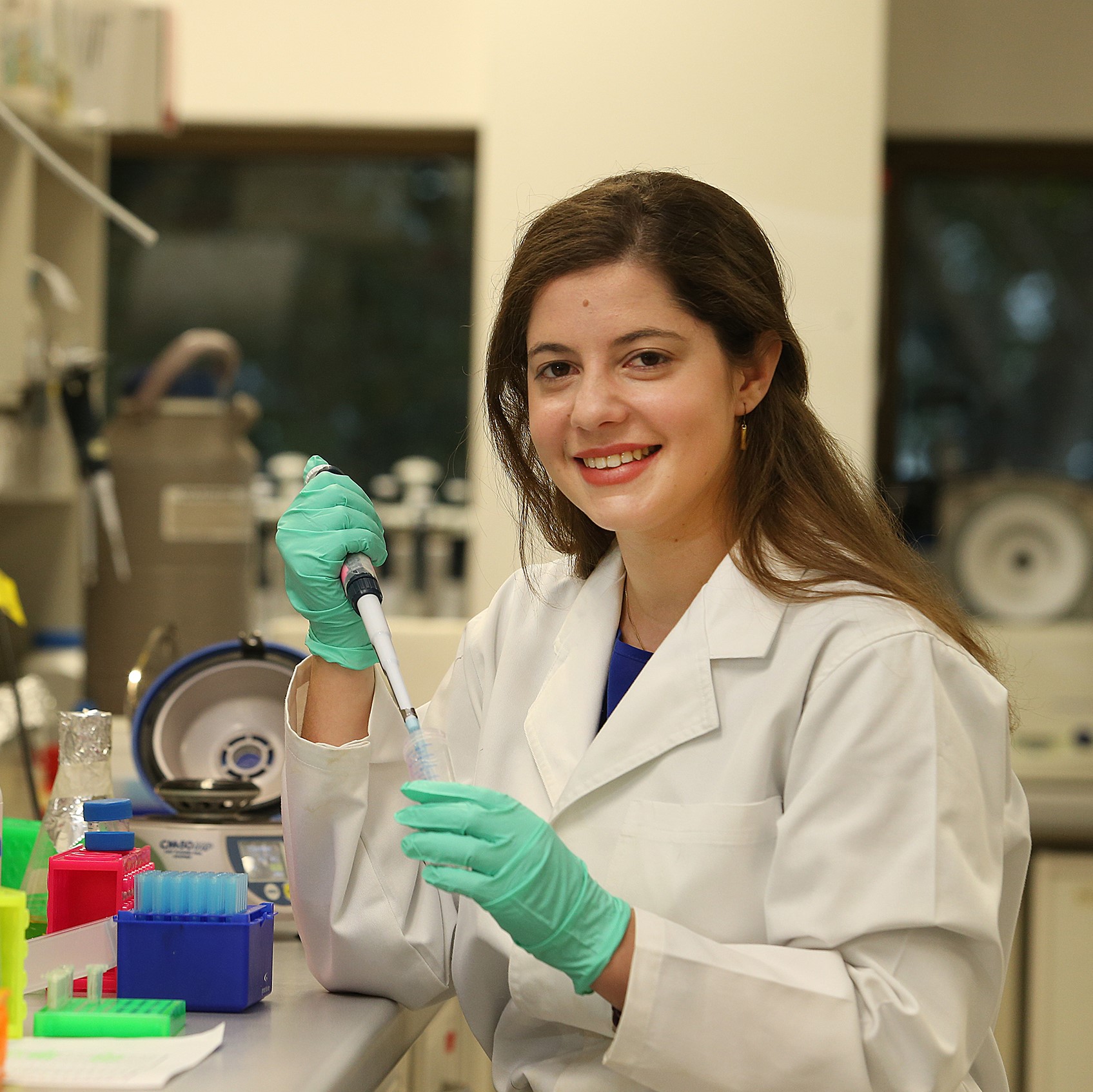
Gabrielle is a PhD student in Biochemistry researching the regulation of inflammation in innate immunity. She was the previous Vice-President of CUSPE. She is a Gates Cambridge Scholar and member of Corpus Christi College. She previously studied a Bachelor of Advanced Science Arts (Hons I) majoring in Government and International Relations and Biochemistry as well as a Masters of Science (Research) at the University of Sydney. Her aim is to maximise the benefit of scientific research through implementation in public policy and collaboration with industry. Gabrielle has been a finalist at the World University Debating Championships.
Vice President: Katie Cohen
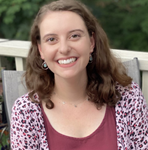
Katie Cohen is a researcher at the Centre for Science and Policy (CSaP) where she helps build networks of evidence and expertise for public policy. She holds an MPhil in History and Philosophy of Science and Medicine from the University of Cambridge and is an alumna of Darwin College. Prior to this, she completed a bachelor’s degree in History of Science at Harvard University. She joined CUSPE last year as a Publications Officer for the Cambridge Journal of Science and Policy and looks forward to developing partnerships and contributing to CUSPE’s strategic vision this year.
Secretary: Ellie Blake

Treasurer: Martin Ho
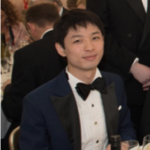
Policy & Challenges
Policy Challenges Coordinator: Lisa Hecker

Lisa is a PhD student at the EPSRC Centre for Sensor Technologies and has a multidisciplinary research background. Currently, she is working on the development of laser imaging methods to study molecular mechanisms of disease. Lisa has just completed a UKRI policy internship with the Joint Nature Conservation Committee where she worked with of Earth Observation methods to inform policy makers about habitat conditions.
Policy Challenges Coordinator: Peace Adesina

Peace Adesina is a PhD student in Chemical Engineering with her research focused on the optimisation of the gas diffusion electrodes for the commercialisation of the electrochemical reduction of CO2, a promising technology to convert waste CO2 to fuels and value-added products. She is very passionate about climate change mitigation and technologies that would aid the transition to a low carbon economy. She hopes to use this platform to tackle some of the real-life challenges faced in the world today and find an intersecting point between her scientific background and the public policy formulation and management.
Finance & Fundraising
Finance & Fundraising Lead: Grace Field
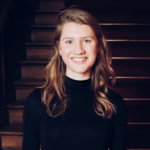
Grace is a second year PhD student working on philosophy of physics at the Department of History and Philosophy of Science. She studies analogue black holes, table-top systems used as models of astrophysical black holes, to assess the limits of analogical reasoning in scientific evidence production. She is passionate about bringing critical perspectives on science into the public realm, both through effective science communication and the cultivation of transparent science policy decision-making. As Finance and Fundraising Lead, she aims to strengthen CUSPE’s industry and University-wide partnerships.
Finance & Fundraising Officer: Tara Bhagat

Tara is a second year reading PBS at Sidney from Washington, DC. The debate over coronavirus closings sparked her interest in the intersection between scientific studies and formulating policy. She’s really excited to find new avenues of sponsorship both within and external to the College, including advertising!
Forum 2020-2021
Forum Lead: Simone Eizagirre Barker
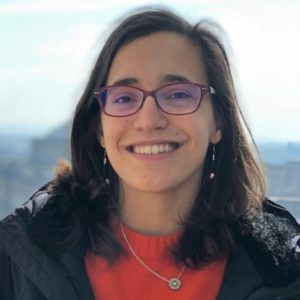
Simone is a graduate student at the EPSRC Doctoral Training Centre for Nanoscience and Nanotechnology, focused on photonics, optoelectronics and functional materials. Beyond research, she is very interested in science journalism and policy, and is currently co-host of the Cambridge University BlueSci Podcast, and writes articles about the intersections between science, technology and society, which have been published on online platforms such as Massive Science and Salon.
Forum Officer: Lisa Hecker

Lisa is a PhD student at the EPSRC Centre for Sensor Technologies and has a multidisciplinary research background. Currently, she is working on the development of laser imaging methods to study molecular mechanisms of disease. Lisa has just completed a UKRI policy internship with the Joint Nature Conservation Committee where she worked with of Earth Observation methods to inform policy makers about habitat conditions.
Forum Officer: Octavia Rookes

Octavia is a third year undergraduate student studying Earth Sciences at Jesus College. Her interests are in climate science and the philosophy of science. In particular, science policy and increasing diversity in science and research. Outside of her degree, she enjoys performing piano in chamber ensembles.
Forum Officer: Thomas Freitag
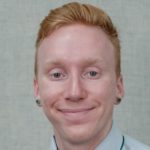
Thomas (they/them pronouns) is a master ’s student in public policy at Churchill College, where they will be studying international HIV policy through the Kanders-Churchill Scholarship. They are a graduate of the University of Pittsburgh, where they double majored in Neuroscience and Psychology. Thomas has a particular interest in LGBTQ+ health policy and intends to pursue medical education in the United States to contribute to the development of health equity legislation. When not engaged in their studies or extracurriculars, Thomas enjoys running and musical performance.
Lectures
Lectures Lead: Argyris Zardilis

Argyris is a post-doctoral research associate at the Sainsbury Laboratory studying the development of plant organs through a biophysical modelling lens. He has a background in computer science and has worked both in industry and for organisations like CERN. He is interested in the origin and transformation of the institutions (in the wider sense) of a society and more practically in the role of scientists in those processes. This has led him for the second year to be involved with CUSPE and he hopes that through the lectures and the interaction with the membership and wider community to probe interesting and thought-provoking questions and discussions.
Lectures Officer: Sarah Nelson
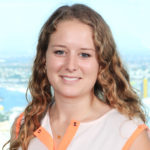
Sarah is a second year PhD student researching climate policy and social change, based at the Department of Engineering and Darwin College. She holds Bachelor’s degrees in economics and physics from the University of Auckland, and a Masters in economics from the University of California, Santa Barbara. Before moving to Cambridge, she worked at the New Zealand Treasury and in economic consulting, which spurred her interest in environmental policy and regulation. Sarah joined CUSPE through the 2019 Policy Challenges, where she helped develop a climate forecast for Cambridgeshire.
Workshops
Workshops Lead: Richard Moulange
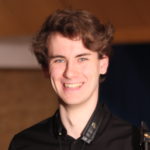
Workshops Officer: Lane Atmore
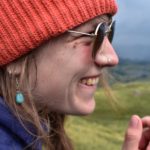
Lane is a second-year Marie S. Curie PhD research fellow studying the human impact on marine fish populations using ancient DNA. Based at the University of Oslo, she is seconded at the Dept of Archaeology in Cambridge. Prior to her PhD she completed an MPhil in Applied Biological Anthropology at Cambridge, a Thomas J. Watson Fellowship researching human-ocean relationships, and a BA in Anthropology and Chinese at Grinnell College. Through her PhD research she hopes to bring evolutionary biology to policy-making by furthering our understanding of how fisheries policy and human activity has changed marine ecosystems over thousand-year timescales.
Workshops Officer: Martin Ho

Martin is a PhD student at the Centre for Science, Technology, and Innovation Policy. His research focuses on mission-oriented innovation policy and the biotechnology value chain. Prior to starting his PhD, Martin conducted a consulting project for the Department for Business, Energy, and Industrial Strategy, and designed an OTC product for Procter and Gamble. Martin graduated first in class in his master’s degree in Technology Policy at Cambridge and an undergraduate degree in Biotechnology at Imperial College London. He runs a startup on microbiome-based disease diagnosis in his free time.
Cambridge Journal of Science and Policy
Chief Editor: Emma Brown
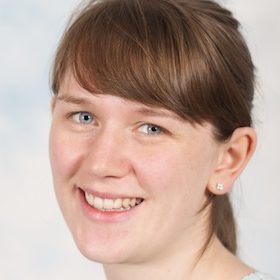
Managing Editor: Michele Sanguanini
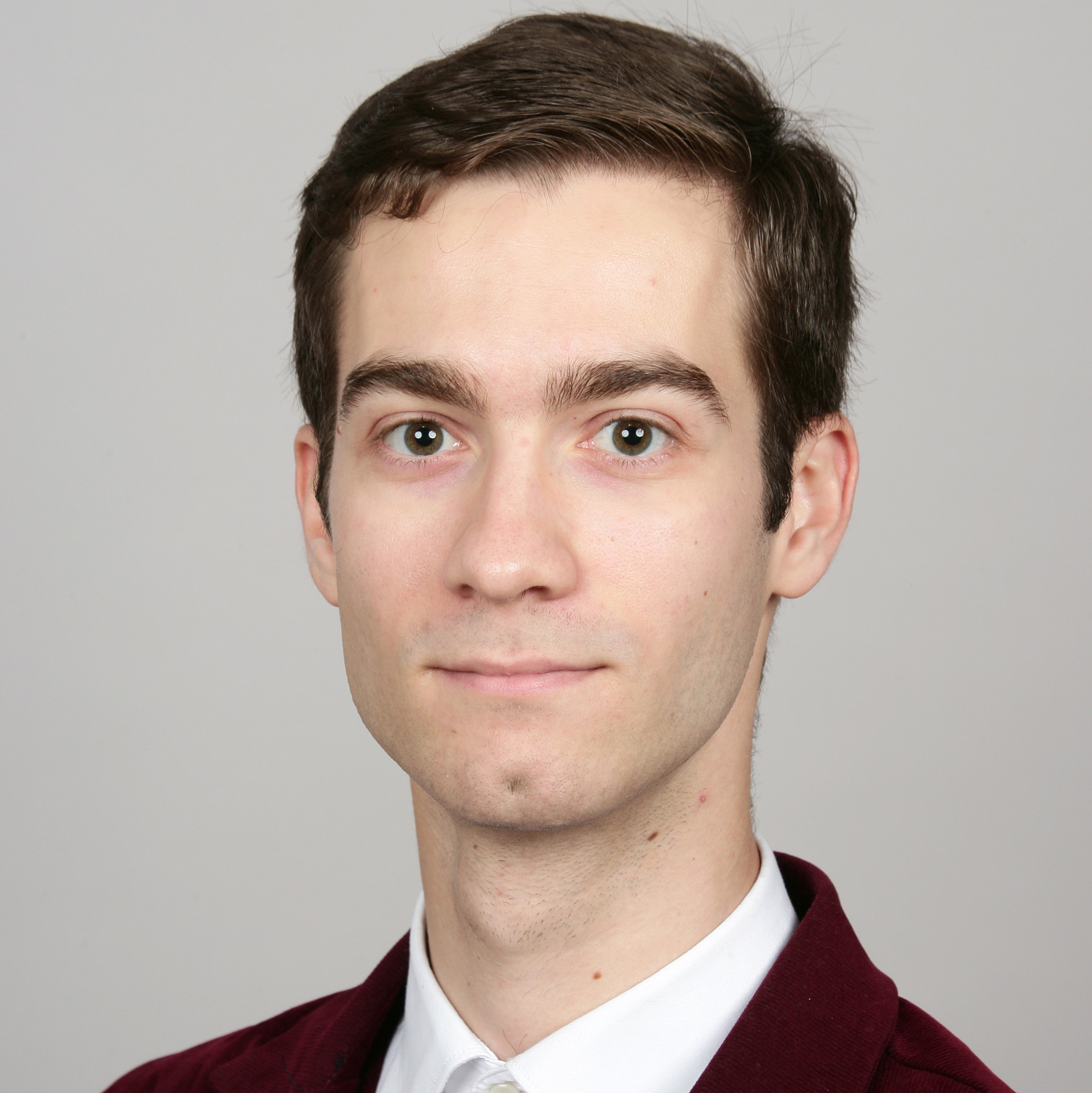
Michele is a member of Gonville & Caius College and a PhD student at the Centre for Misfolding Diseases (Department of Chemistry). His research involves the systems biology and biophysics underlying neurodegenerative processes and ageing, with a focus on protein aggregation in Alzheimer’s disease. Before coming to Cambridge, Michele received a Diploma in Biology from Scuola Normale Superiore and an MSc in Biology Applied to Biomedical Sciences from the University of Pisa. Michele is interested in the relationship between science and the law and how policy making might address the challenges arising from their interaction. He is among the founders and was the editor in chief for the first volume of the Cambridge Journal of Science and Policy.
Editor: Paolo Andrich
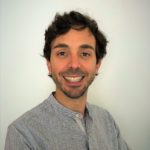
Editor: Zak Lakota-Baldwin
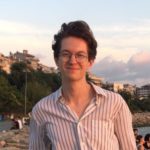
Zak is a fourth year Natural Sciences undergraduate at St John’s College, studying History and Philosophy of Science. Some of his main interests include objectivity and values in science, sociology of scientific knowledge, and the history and philosophy of climate science. He is particularly interested in the ways in which experts and non-experts interact, and the role this relationship plays in science communication and policy. He is currently also News Editor of BlueSci, the Cambridge University student science magazine, and was previously Science Editor of Varsity.
Editor: Thomas Freitag

Editor: Paula Martin Gonzalez
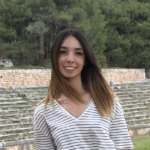
Editor: Kate Howlett
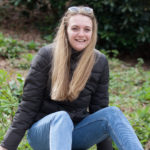
Kate is a PhD student of zoology, based in the University Museum of Zoology and funded by the Natural Environment Research Council. Her research is focused on green space in UK primary schools, investigating their potential for improving children’s wellbeing and connection to nature, as well as the potential for biodiversity conservation within these spaces. She has previously completed an undergraduate degree in Natural Sciences at the University of Cambridge and an MSc in Human Evolution & Behaviour at UCL.
Editor: Dillon Rinauro

Editor: Carolyn Rogers
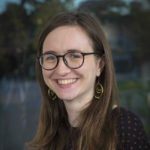
Editor: Darius Sultani
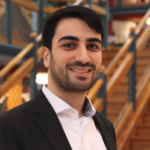
Networking and Social Leads
Social Officer: Orla Woodward

Orla is a third year PhD student at the Institute of Metabolic Science researching the gut-brain axis in the control of appetite and feeding behaviour. Orla is keen to promote academic engagement in policy and increase collaboration between academics and policy makers. Through her role on the Networking and Socials team, Orla aims to build relationships between current CUSPE members through regular social activities and between previous CUSPE members through assisting with the establishment of the CUSPE Alumni Network (CUSPAN).
Social Officer: Isabel Esain Garcia

Marketing & Communications
Marketing & Communications Lead: Ernestine Hui

Ernestine is a PhD student in the Department of Chemical Engineering and Biotechnology and the Cambridge Graphene Centre. Currently, she is developing a graphene-based brain on a chip platform for the study of neurodegenerative diseases. She has previously completed a Graphene Technology MRes and a Materials Science and Engineering MEng. Ernestine has a strong interest in the scientific evidence provided when creating policies and is currently tackling the evidence surrounding the type of support care leavers require when transitioning from a supported young person into an independent adult.
Marketing & Communications Officer: Kayla Pincus

Kayla Pincus’ MPhil research at Cambridge focuses on using storytelling to lower death penalty support and social dominance orientation. She wishes to apply the insights gained from her research to a range of additional identity conflicts in order to systematically decrease out-grouping. Previously, she received her BA from Sarah Lawrence College studying how social issues are marketed. Kayla was a mitigation investigator for the Federal Public Defender of the Eastern District of Arkansas where she researched the backgrounds of her clients in an attempt to get them off of death row.
Marketing & Communications Officer: Ellie Fox
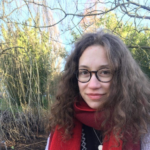
Marketing & Communications Officer: Natasha Huang

Natasha is a first-year undergraduate student reading Psychological & Behavioural Sciences undergraduate at Fitzwilliam College from Sydney, Australia. She has had plenty of experience as a psychological research intern at the University of Sydney’s Brain & Mind Centre. Passionate about the application of psychological findings to the real world, Natasha wants to combine research with other sectors to make a tangible difference in the world. As Marketing Officer, she is driven to spread the news of CUSPE’s impactful work.
Marketing & Communications Officer: Anna McKeon
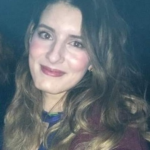
Marketing & Communications Officer: Cynthia

Webmaster: Sara Pita

Sara is a research assistant at the Department of Oncology. She works on the early detection of urological cancers by leveraging methylome data. Her interests involve the translation of scientific knowledge and innovation into public policy and practice.



